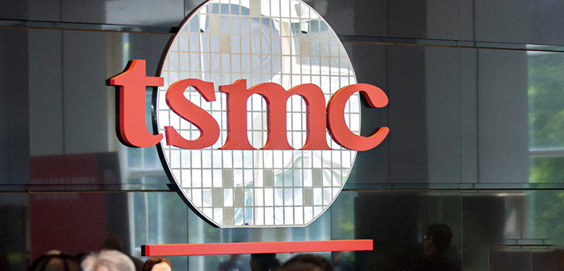According to Taiwan media reports, TSMC plans to adjust its Kaohsiung plant construction plan and change the original "mature process" to a more advanced 2nm process to cope with the growing demand for artificial intelligence. It is expected that the plan will start mass production in the second half of 2025, and the relevant plant construction plan will be announced in the near future.

At present, TSMC is in the "quiet period before the meeting" of the upcoming law conference, so it will not comment on this plan for the time being. However, Kaohsiung Mayor Chen Qimai said in an interview that at the beginning of this year, TSMC proposed to change the manufacturing process of the Kaohsiung plant to an advanced manufacturing process, and Kaohsiung City will fully cooperate with TSMC's adjustment plan. This statement also seems to confirm TSMC’s adjustment to the latest construction plan of the Kaohsiung plant.
It is reported that TSMC originally planned to build two fabs in Kaohsiung, including 7nm and 28nm processes. However, due to the sluggish consumer electronics market and the impact of global economic prosperity and inflation, TSMC suspended the construction of 7nm and 28nm process plants in April this year.
In April of this year, TSMC began to adjust its business plan due to lower than expected revenue in the first quarter of 2023. There are rumors that TSMC's expansion plan includes the cancellation of the list of 28nm process production machines in Baoshan Factory, Zhongke Factory, Nanke Factory and Kaohsiung Factory.
The reason for canceling the construction of the Kaohsiung plant is mainly due to the price war of mature manufacturing processes. On the contrary, TSMC will promote the construction of advanced processes and position the Kaohsiung plant as an advanced process plant.
Some analysts previously believed that the main reason for suspending the construction of the 28nm process plant at the Kaohsiung plant was that TSMC increased its plant construction plan in Japan, aiming to obtain high subsidies from the Japanese government.
However, the latest news shows that TSMC plans to directly enter the 2nm chip process, mainly because the business opportunities in the artificial intelligence market far exceed expectations. Relevant artificial intelligence companies have expressed great interest in TSMC's 2nm chip process, especially major manufacturers such as Apple and Nvidia, which also highly recognize the yield and power consumption of TSMC's 2nm chip process.
Although TSMC's competitor Intel is also vying for Apple and Nvidia's 2nm chip orders, in terms of technical feasibility, it is difficult to pose a direct threat in the short term. Huang Renxun, CEO of Nvidia, also said that in the future, the new generation of server chips will still all use TSMC's 2nm process.
There is no doubt that the huge market demand and stable customer sources make it necessary for TSMC to increase the production capacity of the 2nm chip process. It is also a logical move to insist on keeping the most advanced chip technology in Taiwan, China, and upgrading the Kaohsiung factory to a 2nm process.
Recommended related articles:
TSMC to build its second factory in Japan, expected to start construction in April next year
TSMC was suddenly invaded by the network, and hackers extorted 70 million US dollars!
TSMC's Foundry model price gradually climbed to 25000 US dollars/piece

